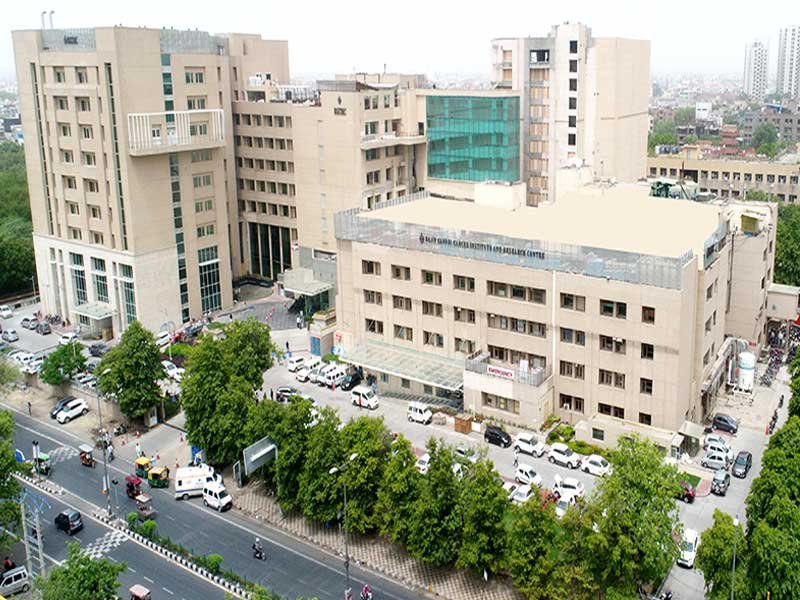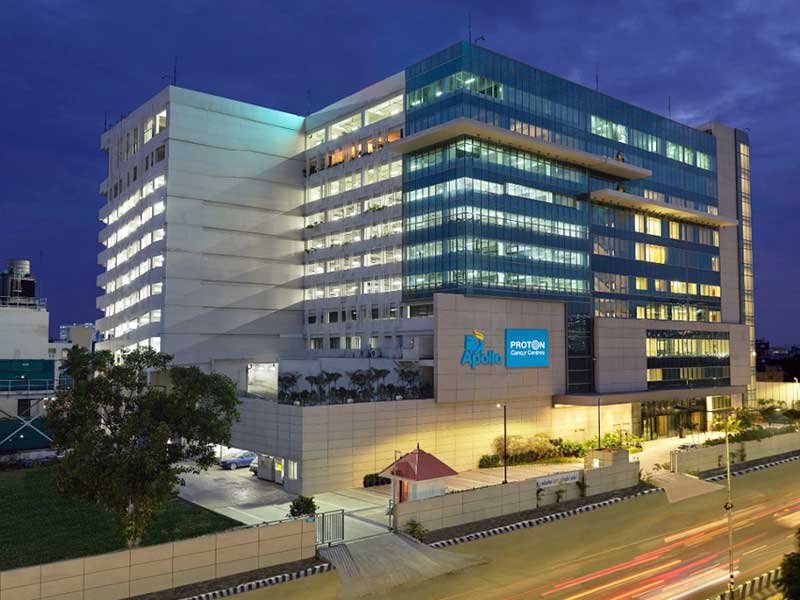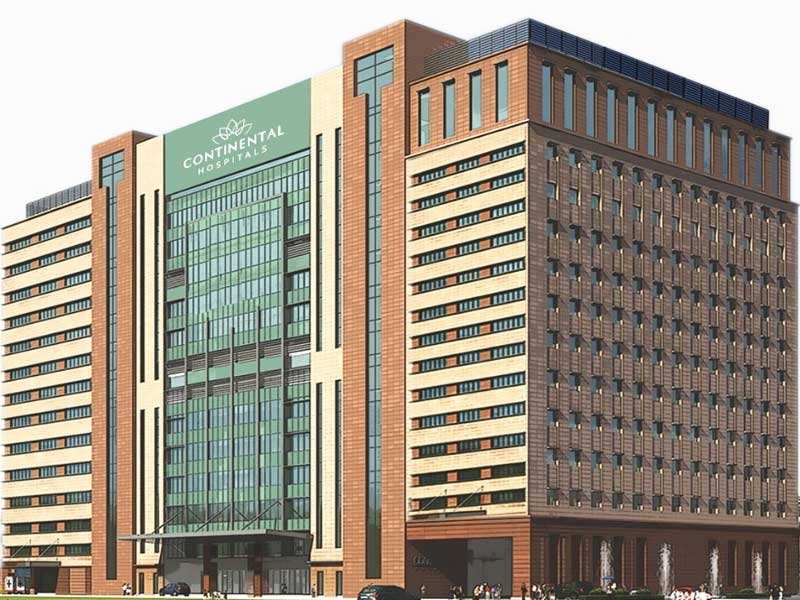What is Cardiology?
Cardiology is the branch of medical science that deals with diagnosing, preventing, and treating disorders related to the heart and the cardiovascular system.
As a scientific field, Cardiology has progressed enormously. In today’s time, many disorders related to the heart are treatable. Cardiology, as a branch of medical science, was established in the late 1600s. Research and studies about the heart and related disorders are still going on.
BRANCHES OF CARDIOLOGY:
Based on
Read More
What is Cardiology?
Cardiology is the branch of medical science that deals with diagnosing, preventing, and treating disorders related to the heart and the cardiovascular system.
As a scientific field, Cardiology has progressed enormously. In today’s time, many disorders related to the heart are treatable. Cardiology, as a branch of medical science, was established in the late 1600s. Research and studies about the heart and related disorders are still going on.
BRANCHES OF CARDIOLOGY:
Based on the type of treatment provided, Cardiology is divided into 3 categories. These are:
Invasive Cardiology:
In Invasive Cardiology, the heart is partially or fully opened (through surgery) to locate, diagnose or treat the disorders. Generally, structural and electrical abnormalities of the heart are treated with Invasive Cardiology.
Non-Invasive Cardiology:
Non-Invasive Cardiology DOES NOT use any form of surgery, operation, needles, or liquids to diagnose or treat the disorders. No insertions are made in the body of the patient.
Interventional Cardiology:
In this branch of Cardiology, a specific tool called a ‘CATHETER’ is used to treat heart-related disorders. The catheter is a small and flexible tube that is used to treat the following:
- Narrowed arteries
- Damaged arteries
- Weakened and damaged vessels
- Other damaged cardiovascular parts.
CARDIOLOGY: MEDICINE AND SURGERY
Cardiology also has surgical and non-surgical approaches to treat disorders like any other medical field. The roles of practicing medicine and surgery are divided among different types of doctors.
Cardiologist: A cardiologist is a doctor that diagnoses and treats cardiological disorders with medicine. Cardiologists do not perform surgery on the heart or the cardiovascular system.
Cardiothoracic Surgeon: The doctor who performs surgeries and operations on the cardiovascular system is known as a Cardiothoracic surgeon.
Common Disorders Related to the Heart:
Heart diseases are unfortunately becoming more common by the day. Some common cardiological disorders are:
- High Blood Pressure: The force of the blood is higher against the respective artery walls.
- Low Blood Pressure: The force of the blood is lower against the respective artery walls.
- Coronary Artery Disease: This refers to damaged or infected major heart blood vessels.
- Arrhythmia: Improper heart-beat levels, which are either too high or too low.
- Congenital Heart Disease(s): Heart-related disorders develop in an individual at the fetal stage. Children born with heart-related disorders are usually weak and lack immunity.
- Congestive Heart Failure: A chronic heart disorder where the heart does not pump as much blood as it should.
Common procedures for treating heart problems:
- Catheterization of the heart.
- PCI, or percutaneous coronary intervention.
- Bypass surgery for the coronary arteries.
- Cardiac surgery that is only minimally invasive.
- IABP, or an intra-aortic balloon pump.
- VAD (ventricular assist device).
- Transplantation of the heart.
How to prepare for Cardiology appointment?
Make a note of all the significant tests, major illnesses and procedures you've had or are currently experiencing. Bring a list of all the prescription, over-the-counter, and dietary supplements you are currently taking, as well as any medical equipment you may use.
What to expect during a cardiology procedure?
At your initial session, the cardiology staff will take measurements known as "vitals." Included in this are things like height, weight, blood pressure, breathing rate, resting heart rate, and body temperature. Then, with a focus on your heart, the cardiologist will examine you from head to toe.
Conclusion:
Heart disease (CVD) is the leading cause of death all over the world.
The physical, mental, and emotional well-being of a person is significantly impacted by cardiac illnesses. In all facets of his existence, the person encounters constraints. The patient-centered, medically supervised treatment called cardiac rehab is designed to control or reverse these restrictions.
Show Less


































































